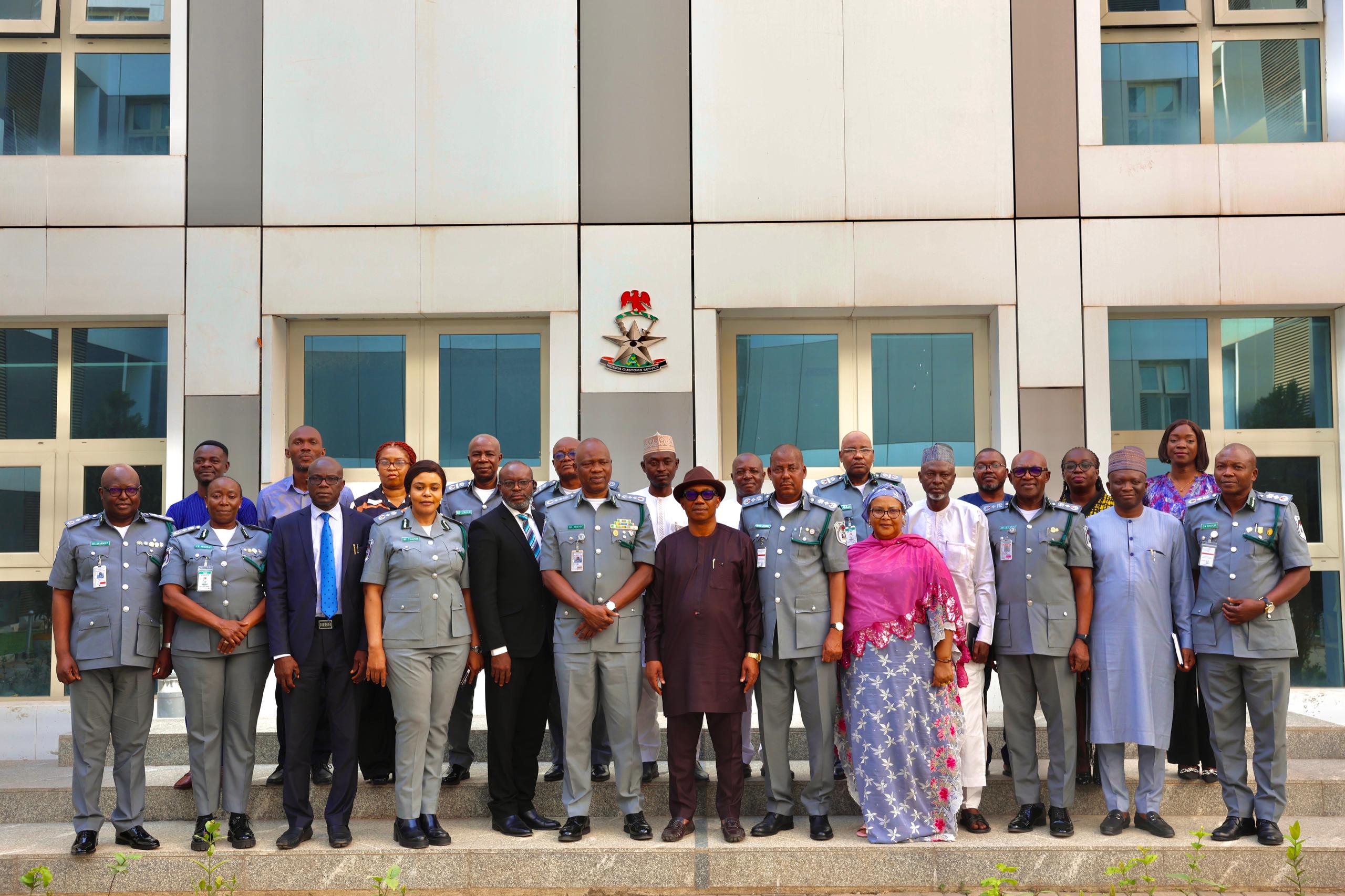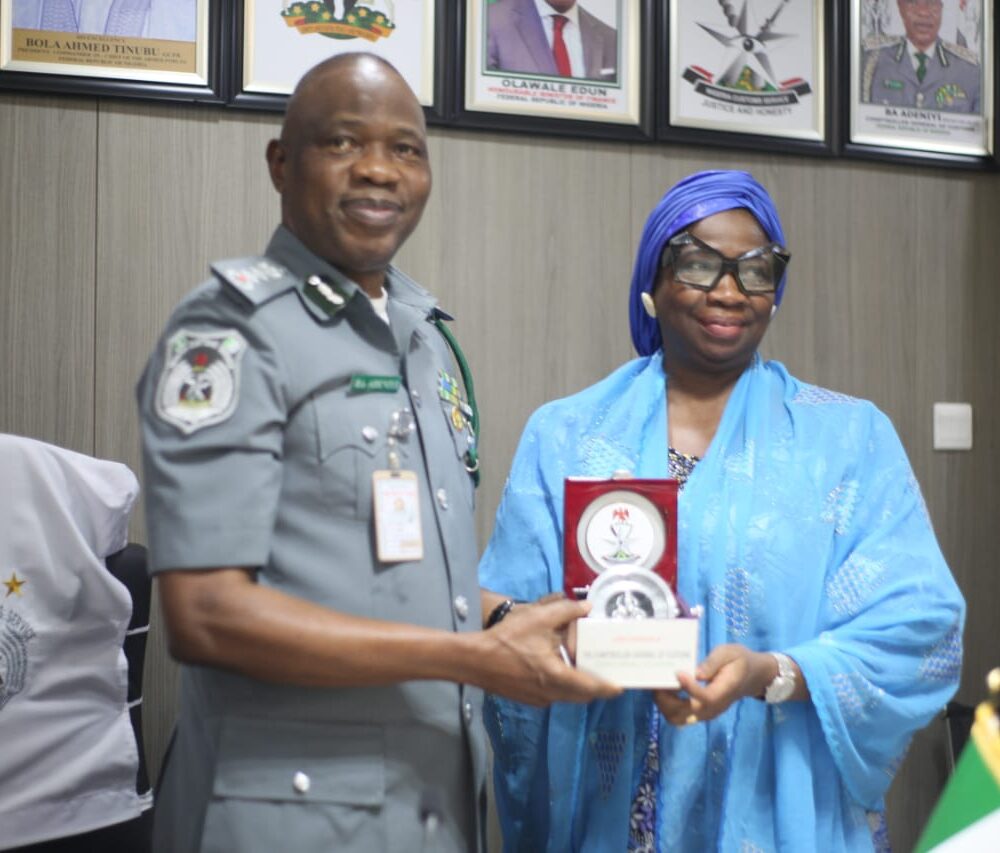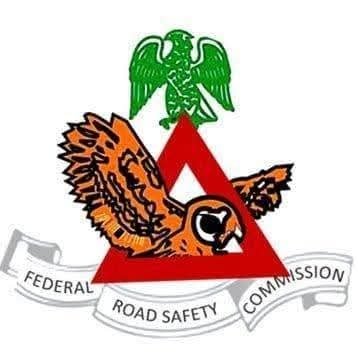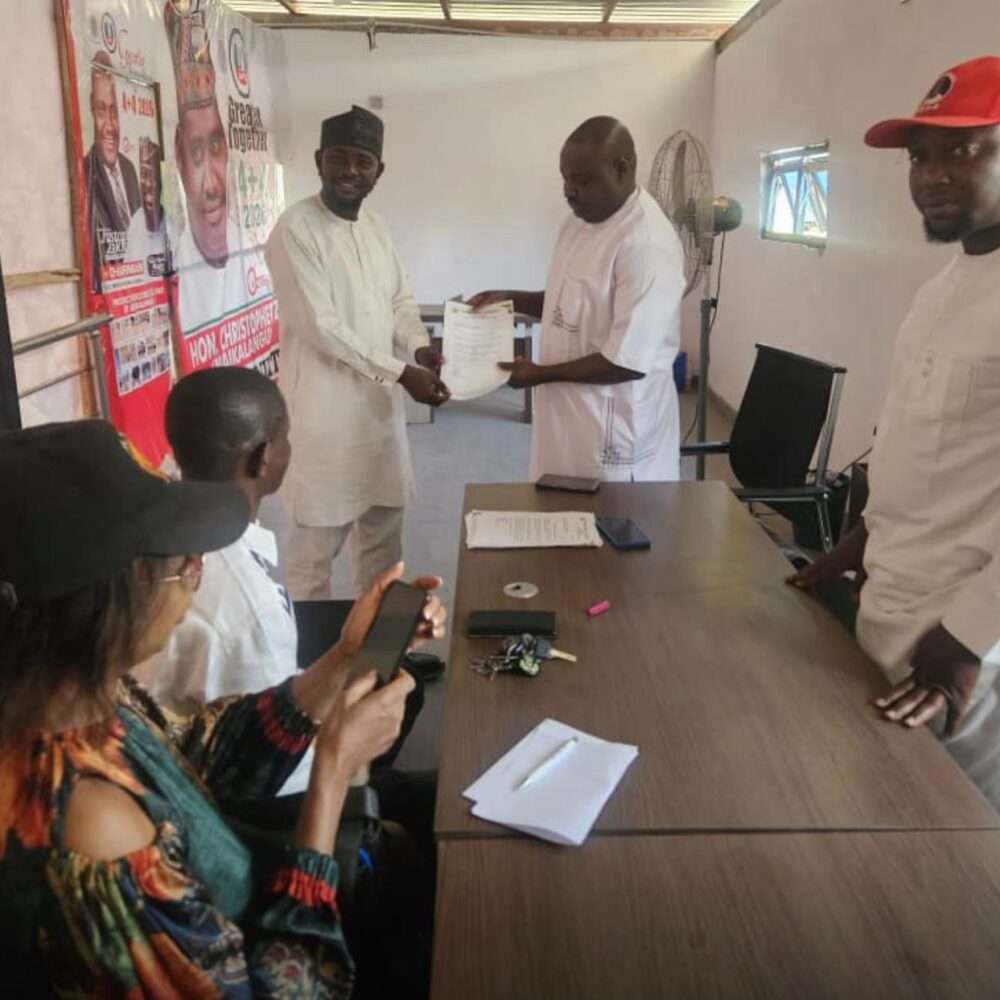The Comptroller-General of Customs (CGC), Adewale Adeniyi, has reaffirmed the Nigeria Customs Service’s (NCS) commitment to bolstering its collaboration with the National Environmental Standards and Regulations Enforcement Agency (NESREA) to foster environmental safety, trade efficiency, and regulatory compliance.
In a statement on Tuesday, February 4, 2025, during a courtesy visit by NESREA’s management team to the Customs Headquarters in Abuja, Adeniyi described inter-agency cooperation as essential to achieving Nigeria’s national economic and security goals.
“We recognise the importance of collaboration and partnership. Many of us have witnessed the golden era of synergy between Customs and NESREA, whether at seaports or border stations. Our commitment to this partnership remains unwavering,” Adeniyi affirmed.
Adeniyi noted the advocacy of the World Customs Organization (WCO), which continuously emphasize active cooperation among regulatory agencies, explaining how these partnerships facilitate trade, enforce environmental regulations, and contribute to national security.
The NCS’s 2024 accomplishments were also highlighted, with Adeniyi revealed that the Service surpassed its N5.1 trillion revenue target by November and exceeded N6 trillion by December. These successes are attributed to enhanced operational efficiency and strategic collaborations, including with NESREA.
“These achievements reflect our ongoing efforts to build a structured, technology-driven trade environment,” Adeniyi stated, advocating for deeper digital integration between NCS and NESREA platforms to streamline regulatory enforcement and further environmental protection.
In his remarks,Dr. Innocent Barikor, Director-General of NESREA, commended the NCS for its reforms and reaffirmed NESREA’s dedication to a stronger collaboration. He emphasized the need for stricter enforcement of environmental regulations, particularly in restricting hazardous imports.
“Customs and NESREA share a common responsibility for law enforcement, particularly at the nation’s borders,” Barikor said, underscored NESREA’s role in enforcing 35 environmental regulations across various sectors, including air, land, and sea pollution.
Barikor also raised concerns regarding the increasing importation of end-of-life electronics and other environmentally hazardous goods, warned that improper disposal of these items could significantly harm the ecosystem. He then called for Customs to more rigorously enforce import restrictions on unsafe goods and stressed the need for enhanced environmental advocacy, policy development, and compliance monitoring.
Both leaders agreed on the importance of joint training and capacity-building efforts to strengthen their collaboration, ensuring that environmental protection remains a top priority while supporting the achievement of Sustainable Development Goals (SDGs).





